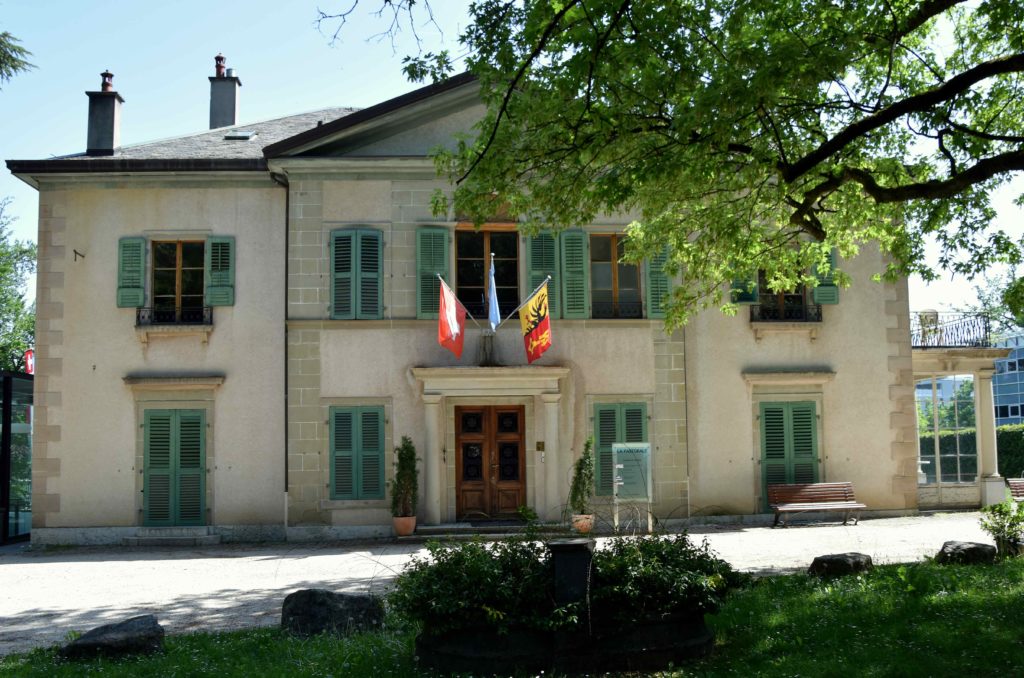Services for NGOs
The CAGI assists international non-governmental organizations (NGOs) already established or seeking to do so in the Geneva region.
- Home
- Services
- Services for NGOs
- Annual legal requirements
Annual legal requirements
Swiss law offers great flexibility and decision-making autonomy to associations. However, associations are required to complete a number of mandatory procedures and formalities.
An association must hold an ordinary meeting of the General Assembly at least once a year. General Assembly Meetings can be held either onsite, whether in Switzerland or abroad, by visio conference, or in a hybrid manner (mix of onsite and visio conference), provided that all requirements for onsite general assembly meetings are fulfilled. Swiss law does provide for the use of electronic media in order to prepare and conduct a General Assembly meeting since 1st January 2023 and such hybrid or virtual meetings must be provided for in the statutes (see article 13 of the template of statutes of association).
By analogy with article 699 II.2 of the Code of Obligations , the General Assembly should be held during the first half of the year. The General Assembly’s powers are governed by article 65 CC .
The Committee must keep regular accounts. The accounting books (inventory, operating account and annual balance sheet) must be complete, clear and easy to consult, so that interested parties can obtain as accurate an account as possible of the entity’s economic situation ( art. 959 CO ).
The accounts are established in Swiss francs or in the most important currency for the company’s activities. If they are not drawn up in Swiss francs, the equivalents in Swiss francs must also be indicated ( art. 958 dC ). The accounts must be kept for at least 10 years (art. 958 fE CO ). It is therefore important to keep all supporting documents. The Code of Obligations applies by analogy to the provisions of the CO relating to corporations.
Audit of accounts
Associations are generally subject to a limited audit of their accounts, by an auditor, if a member of the association so requires. In other cases, the articles of association and the general assembly can freely organize the audit. It should be noted, however, that the ZEWO standards (recommendation no. 14) recommend appointing in any case at least one auditor, independent of the committee, to carry out a brief examination.
The association is subject to an audit if, during two successive financial years, two of the following values are exceeded:
- balance> CHF 10 million,
- turnover> CHF 20 million,
- staff> 50 full-time staff on average per year.
As part of the ordinary audit of the accounts, the auditors will verify not only the conformity of the accounts with the legal and statutory provisions, but also the existence of an internal control system.
Presentation of the accounts
Associations are required to keep simple cash flow accounts, but it is preferable to produce annual accounts from the outset (a profit and loss statement, a balance sheet and a provisional budget).
It is important that the accounts mention the name of the NGO, the title of the document and the date of the financial year. The accounts must also be in Swiss francs.
A. Profit and loss account (income statement)
The income statement is an accounting document that summarizes all the expenses and income of an association for a given period. This document provides the net balance, i.e. what the association has gained (profit) or lost (loss) during the period. The result for this period is recorded in the balance sheet.
B. Balance sheet
The balance sheet describes the state and distribution of the association’s assets on a given date. It communicates the results of an activity.
C. Provisional budget
This is the forecast of expenses and income for the coming year. A budget is necessarily provisional. It is presented as an income statement, and must be balanced, i.e. the total income must be equal to the total expenditure. It is generally adopted by the annual general assembly and is requested when applying for financial support.
Model tables of profit and loss account, balance sheet and provisional budget
Swiss Gaap RPC standards
The aim of the Swiss GAAP RPC standards is to provide a consistent and transparent framework for the presentation of the annual accounts of small and medium-sized entities, as well as non-profit organizations.
Their application by NGOs is not mandatory, but an increasing number of NGOs are complying with these standards. This presentation gives a true and fair image of the assets, liabilities, financial situation and results of operations in order to improve, in particular, communication with donors and other stakeholders, while facilitating the comparability of annual accounts/financial statements between entities and over time.
The standard consists of a recommendation followed by an explanation, sometimes with examples and a glossary.
The RPC 21 standard, concerning the accounting of public utility non-profit organizations, is particularly relevant for NGOs.
Accounting standards for NGOs: presentation by Marc Secretan, Partner at PwC and Patrick Wagner, Audit Director at PwC.
All associations must file an annual tax return (See: “Fiscal guide 2024 for associations and foundations” in French). Organizations that benefit from an are still required to file a tax return.
Useful documents and information

MORE INFORMATION :
- Accounting standards for NGOs: presentation by Marc Secretan, Partner at PwC and Patrick Wagner, Audit Director at PwC.
- "Nouveautés pour les associations et les fondations, Modifications législatives 2023, Prof. Giulia Neri-Castracane et Me. Vincent Pfammatter, first publication in EXPERT FOCUS 2023|June, p. 262 ss"
- "How to successfully manage your social or cultural organization!" , Arcanum Foundation Publisher, 2017
- "The guide to the 7 key questions that a social entrepreneur must ask" , Ashoka Switzerland
- Bénévolat-Vaud: skills centre for community life
- Vitamin B: at the service of associations
- Geneva Entrepreneur's Guide of the Department of Economy and Employment (DEE)
Other useful information for NGOs
Direct taxes
VAT
Intellectual property
Pro bono legal assistance
Registration with the Register of commerce
CAGI services
for NGOs and Permanent Missions

Contact
By appointment only: Monday to Friday from 9 am to 12 pm / 2 pm to 4:30 pm
La Pastorale: Route de Ferney 106, 1202 Genève
Access by public transports (TPG): Line 5: stop Intercontinental; lines 8, 20, 22, 60: arrêt Appia. No parking on site.
Founded by the Swiss Confederation and the Republic and Canton of Geneva, the International Geneva Welcome Centre is the single entry point for the support and integration of employees of International Geneva and their families, NGOs and visiting delegates.

